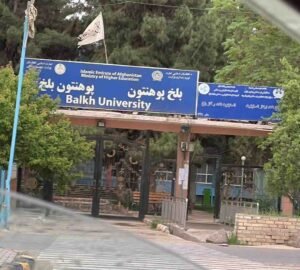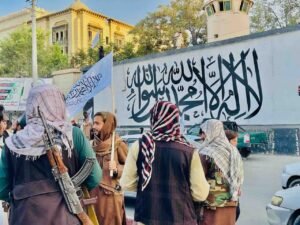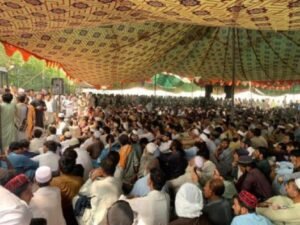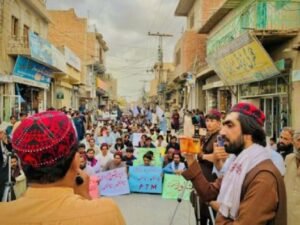Perspectives on Afghan Women’s Representation in the UN-Led Doha Conference
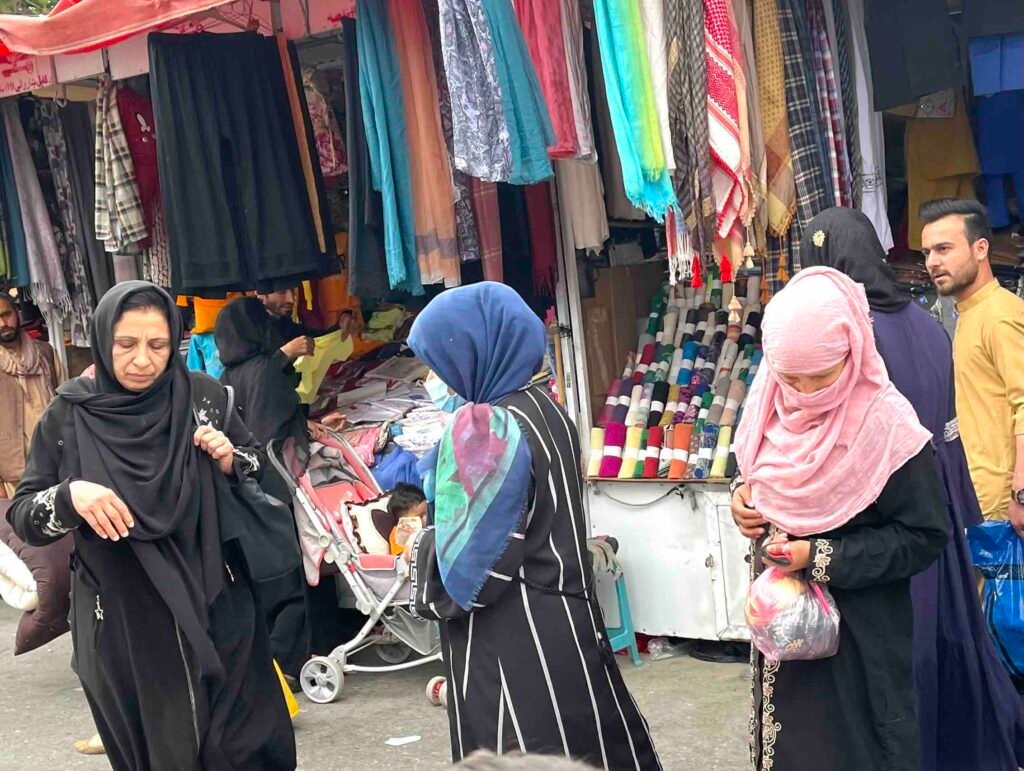
Les-e Maryam market, north of Kabul. Photo by @AADIL for ADN
By Nazila Jamshidi
A two-day international conference convened by the United Nations occurred in Doha, Qatar, on February 18 and 19. It brought together representatives from member states, regional organizations, and special envoys from 25 countries on Afghanistan, along with five members of Afghan civil society, including three women. Notably, the Taliban, although invited, declined to participate in the conference. Their refusal stemmed from objections to the inclusion of women’s rights groups, the European Union, and representatives of Afghan civil society. The Taliban’s Ministry of Foreign Affairs asserted that they should be the sole official representative of Afghanistan for discussions with the international community before engaging in open dialogue. Nevertheless, the meeting proceeded as planned.
The selection and invitation of three women, Mahbooba Saraj, a civil society and women’s rights representative, Shah Gul Rezaee, a former member of parliament, and Metra Mehran, a women’s rights activist, by the UN to the meeting served as a significant indication of the international community’s willingness to involve women in discussions concerning Afghanistan. Although the coordination of the three women’s attendance in Doha remains unclear, they effectively conveyed the demands of Afghan women, drawing upon the dire situation under the Taliban regime.
Metra Mehran, for instance, highlighted how the Taliban’s decrees have severely impacted Afghan women’s rights across various aspects of life, including education, employment, freedom of movement, and access to healthcare. She called for global recognition of the Taliban’s crimes against women as violations of international law, urging accountability for their actions.
“The Taliban has systematically destroyed the constitution and all its mechanisms, laws, policies, and national institutions, especially institutions designed to eliminate violence against women, leaving women with no recourse.“ Said Metra in her statement at the meeting.
Similarly, the other two women reiterated the need for attention to the plight of women and human rights in Afghanistan throughout the meeting.
Outside of the Doha meeting, there were differing opinions among Afghan women regarding the organization of the event. Some women expressed strong opposition to engaging in direct talks with the Taliban, viewing the invitation extended to Taliban members as compromising on women’s rights and providing a platform for the Taliban to justify their actions.
Wahida Amiri, a women’s rights activist who protested against the Taliban’s policies in Kabul and was detained by them, criticized the idea of direct talks. During a discussion hosted by the Hasht e Sobh Daily in X space, Wahida Amiri opposed any direct negotiations with the Taliban. She questioned what Afghan women could possibly say to the Taliban that hadn’t already been expressed on the streets of Kabul. Conversely, some women welcomed the opportunity to represent Afghan women at the Doha meeting.
Fawzia Koofi emphasized the importance of meaningful participation of women and civil society members in the meeting. Similarly, Shukria Barakzai welcomed the chance for women to have a presence at the event in an interview with BBC Farsi.
While it’s understandable that many women oppose any engagement with the Taliban, some Afghan women believe that their absence from such meetings further exacerbates their situation in the country.
Following the collapse of the Islamic Republic on the 15th of August 2021, the Afghan women have faced dire circumstances under the Taliban regime, with a significant decline in human rights.
The world will continue these discussions until a strategy to improve Afghanistan’s situation is developed. It’s crucial for women to remain united and convey their demands and messages to both the international community and the Taliban. They must ensure that their seats at the table are not taken by representatives who cannot truly understand their plight.
Despite the Taliban’s oppressive actions, Afghan women have realized that they must actively work to change their circumstances and shape the future for themselves and future generations. Merely abstaining from participation will not bring about the desired change.
Nazila Jamshidi – a gender equality and human rights specialist involved in Afghanistan’s development and democracy processes for the past decade – has worked for the UN, USAID, the International Federation of Red Cross.
Note: The contents of the article are of sole responsibility of the author. Afghan Diaspora Network will not be responsible for any inaccurate or incorrect statement in the articles.


